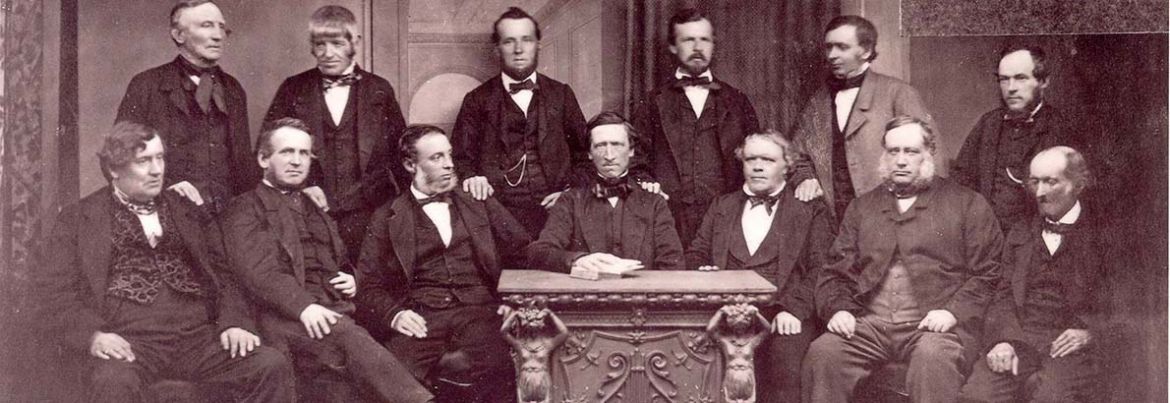
In 1844 the Rochdale Pioneers founded the modern Cooperative Movement in Lancashire, England, to provide an affordable alternative to poor-quality and adulterated food and provisions, using any surplus to benefit the community. Since then, the cooperative movement has flourished, extending across the globe and encompassing all sectors of economy.
